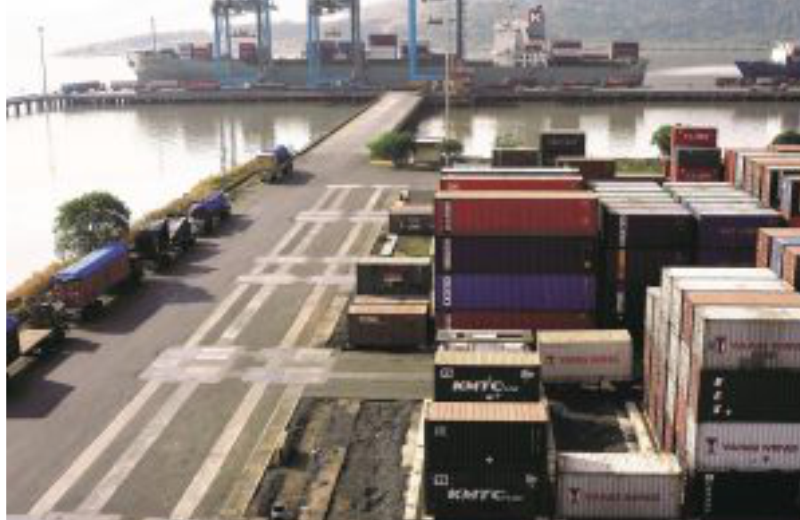[vc_row][vc_column][vc_column_text]The six federations of port and dock workers have given a call for nationwide industrial action at all the Major Ports on or after November 30, 2017 in order to protect the legitimate rights and privileges of the workers. At a meeting held here recently, serious concern was expressed regarding the prevailing “anti-labour and anti-port policies” of the port managements and the Ministry of Shipping, especially the sidelining of the trade unions and national federations while taking decisions pertaining to labour issues.
They expressed concern on the decision taken by the government to replace the Major Port Trusts Act, 1963 with the Major Port Authorities Bill, 2016 without considering the many suggestions made by the federations individually and jointly against the various clauses of the proposed enactment, which they say are detrimental to the interests of the workers and also affect the very survival of the Major Ports. The non-compliance of Statutory Settlements by the port managements and the Ministry was also raised.
It was pointed out that thousands of posts, including operational ones, are not being filled at the Major Ports, resulting in serious operational problems. Besides, many jobs have been either outsourced or contracted to private parties. It was also stressed that privatisation in the ports sector has not paved the way for reduced port charges due to competition.
The policy of the government to create private ports in the vicinity of the Major Ports is detrimental to the growth of the Major Ports as it has facilitated diversion of cargo from the government ports to the private ports.
The federations also expressed serious concern over the government’s move to introduce the Code of Wage Bill, 2017 in Parliament.
The proposed bill will replace four Central Acts, namely, the Minimum Wages Act, 1948; Payment of Wages Act, 1938; Payment of Bonus Act, 1965; and Equal Remuneration Act, 1978. According to the federations, there is no need to merge the four Central Labour Laws, which came into existence after prolonged discussions with all stakeholders and have been amended from time to time as per need. The proposed Bill is aimed at re-diluting the labour friendly provisions contained in the Acts and restricts the exercise of rights of workmen, and would therefore be violative of the spirit of fundamental rights enshrined in the Constitution, the federations said.[/vc_column_text][/vc_column][/vc_row]







